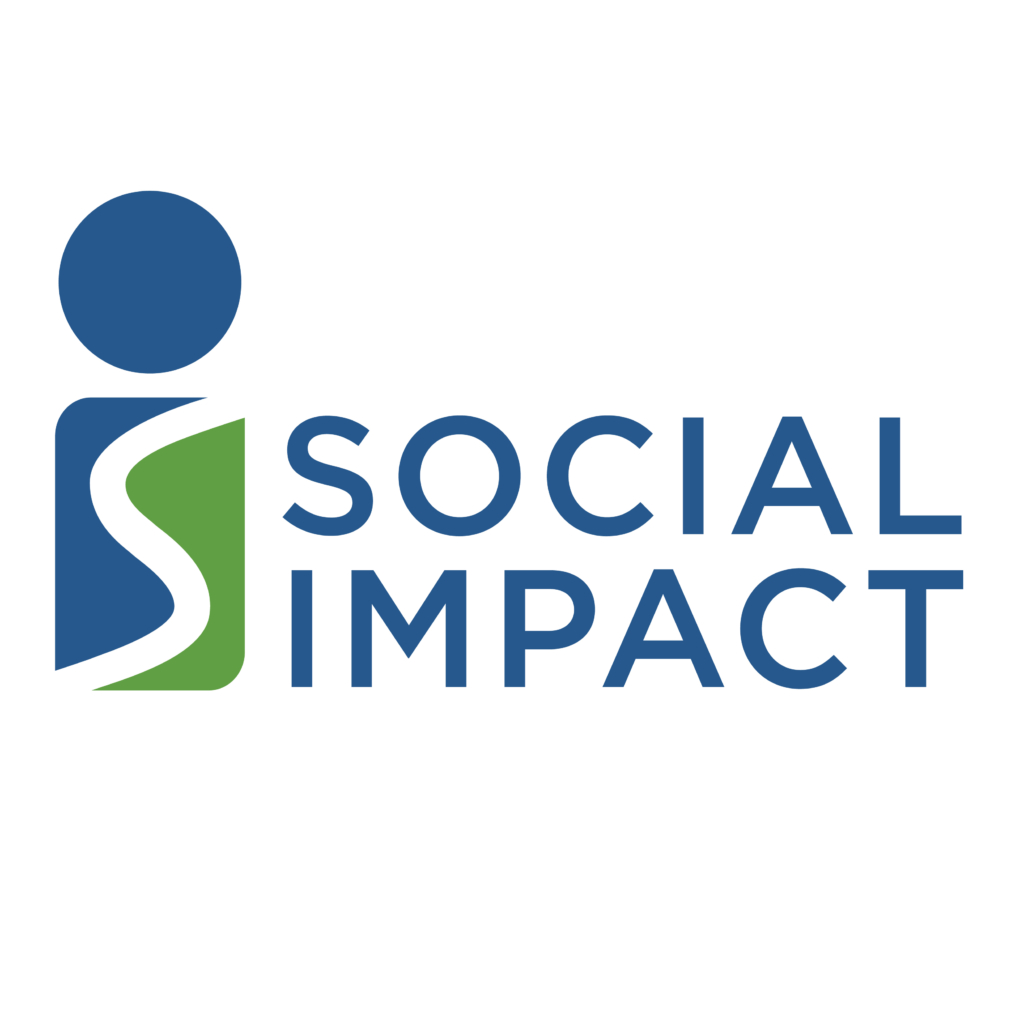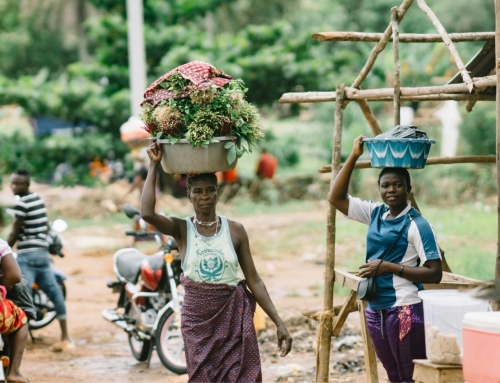By Paige Mason, Social Impact Technical Director
Since March 2020, those of us in the global Monitoring, Evaluation, Research, and Learning (MERL) community have needed to adapt how we work with fellow researchers and evaluators. Most of our data collection interviews, client briefings, and team meetings now occur remotely or in a hybrid of in-person and online. This has yielded benefits… does anyone miss sitting in traffic for 90 minutes in between interviews? Surprisingly, the answer is sometimes “yes.”
I participated in a data collection effort for a final evaluation of a project in the Philippines between May and August of 2021. As a team, we had worked together three years ago when the project began, meeting many respondents in person and spending weeks working intensively on data collection and analysis. Fast forward to 2021, and we were faced with an entirely different circumstance. Luckily, we had some familiarity with respondents, so the quality of data collection didn’t suffer as much from remote interviewing as it may have with a new team. What we found, though, is that we missed the meals together in between interviews, debriefs at the end of long days, and yes, sitting in traffic. These informal moments had created space for us to reflect on what we were hearing to develop preliminary findings and identify areas that we needed to investigate further… not to mention the excellent food we enjoyed together.
Halfway through data collection, we began to hold virtual workshops to create intentional space for reflection. We carved out two hours per evaluation question to share preliminary findings on virtual sticky notes (Miro is a great for this!), draw connections between findings, and identify gaps that we could follow up on in the remaining data collection. These meetings were incredibly useful for organizing thoughts, but early on we found that these meetings felt much more formal than in-person exchanges. In speaking with other evaluation colleagues at SI, we agreed that while formality and structure have their place, they can pose a hindrance to the free flow of ideas that we had previously enjoyed with the informal, organic reflection opportunities in the field. Together, we assembled (and later applied!) a few strategies to disrupt the formality that often causes people to keep thoughts to themselves in a remote environment.
- Keep it simple! Technology has been a learning curve for everyone, so we found that using familiar tools can foster greater participation. Google docs, sheets, and slides are easy and there is no need for occasional users to create an account. In cases where we have tried to introduce a new tool, we needed to spend much more time on practicing and socializing the instrument before it became effective for collaboration.
- Promote informal channels. Many conferencing platforms we currently use prompt a shift into a “professional” mindset. Team members tended to be more measured with their words, rather than sharing “half baked” thoughts that might inspire others to share. Active use of WhatsApp, on the other hand, can break down the formality and allow team members to connect in smaller groups.
- Encourage specialization. We found that during our remote meetings, the team’s senior members were more willing to speak up, and we often didn’t hear enough from others. We began to encourage (and even assign) areas of expertise for each team member to handle, emphasizing the importance of everyone’s perspectives. With this, we saw that team members were more willing to chime in on their areas of expertise and played a more active role in inviting feedback.
Though it took time, effort, and intentionality, the informal spaces we created for reflection were well worth it. Not only did they lead to more nuanced and thoughtful findings, conclusions, and recommendations, but they also helped the team maintain and build relationships that allowed us to work more effectively with one another.
Cover Photo Credit: Oscar Siagian, USAID Jalin








